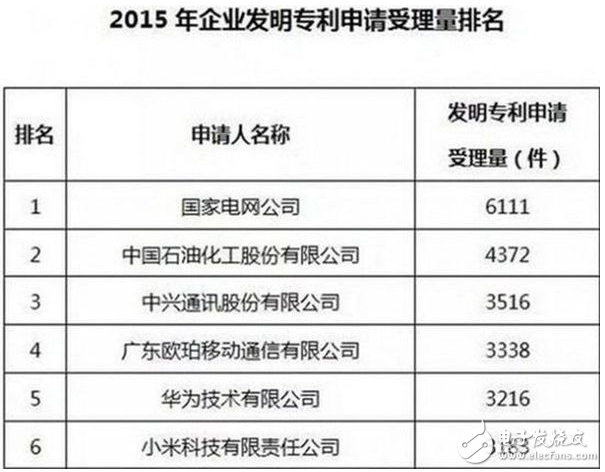Qualcomm sued Meizu, which reflects China's increasingly important role in the global semiconductor market. Qualcomm filed a patent infringement lawsuit against Chinese smartphone maker Meizu in the US, Germany and France. In June of this year, Qualcomm filed a lawsuit against Meizu in Beijing. The latest lawsuit is a continuation of this action and is expected to have a chilling effect on other Chinese smartphone manufacturers that are heading overseas. On October 15, Qualcomm announced that it has launched a patent rights defense campaign against Meizu in the United States, Germany and France. And Qualcomm executive vice president and general counsel Don Rosenberg also said that Qualcomm's reason is because Meizu refused to negotiate a patent license agreement, but still sells and distributes infringing mobile phone products worldwide. This forced Qualcomm to use legal means to protect the company's patent rights. According to the latest report, Qualcomm not only filed a lawsuit against Meizu in a US court, but also filed an infringement claim with the US International Trade Commission (ITC), which can speed up action on Meizu. Qualcomm is taking further action in the initial litigation this summer in the absence of mediation. Qualcomm signed a licensing agreement with most of China's major mobile phone manufacturers, but Qualcomm was forced to cancel the agreement after China's antitrust agency made a ruling against Qualcomm. Many Chinese companies later signed a new agreement with Qualcomm, but Meizu is clearly not among them. This would mean that the company, backed by e-commerce giant Alibaba (NYSE: BABA), may have used Qualcomm technology in the last two years without paying any fees. As a result, the company may not be willing to sign a new agreement because the company will pay millions of dollars in fees. However, Qualcomm asked the company to sign the agreement, which is not very serious, and it is possible to take action in other markets where Meizu is active, such as India. For other Chinese smartphone manufacturers that are trying to export their products, there will be a chilling effect and it may indicate that other patent holders will take similar actions. Meizu quickly issued an official statement and responded: "Meizu is willing to pay for the patent, but it needs a reasonable rate." The meaning of Meizu is that it is willing to accept the patent fee, but it has a disagreement with Qualcomm on the issue of the cost. Therefore, the key issue is not who is right or wrong, but because there is less money and more money. Qualcomm does have the problem of different fees for different manufacturers, but this cannot be the reason for Meizu to defy patent protection laws. For example, if you go to the vegetable market to buy food, you buy more. The price that the natural person gives you is cheaper. You buy a dish. It is estimated that the business is not willing to do your business, let alone the price concessions. . First of all, the United States, Germany, and France attach great importance to intellectual property rights and patent protection. Under such a background, once the two sides formally open the lawsuit, the possibility of losing the Meizu is very high. Once Meizu loses in overseas markets, Qualcomm can take the lead in the global market. Chinese companies have not paid much attention to patent protection, and Huawei and other companies are exceptions. This reflects the shortcomings of light research and development of Chinese companies, but many people have to learn long after eating and losing. The reason why Meizu is not willing to pay is very simple. Meizu’s biggest problem lies in light research and development and re-marketing. Meizu is not a company that is known for its patent research and development. This kind of marketing-oriented technology company, to a certain extent, Most people do not have the support of patent litigation. Meizu has experienced 13 years since its establishment in 2003, but the number of patents published by the State Intellectual Property Office shows that by the middle of this year, Meizu’s invention only announced 576 pieces, including 45 utility models and 154 designs. There are only 28 invention licenses. Comparing other manufacturers, according to the data of the State Intellectual Property Office, last year, in the number of invention patent applications, ZTE was 3,516, OPPO was 3,338, Huawei was 3,216, and even millet was 3,183. 8Dn9 Gas Insulated Metal Enclosed Switchgear Square D Switchgear,Switchgear For Generator,Metal Switchgear,Siemens Switchgear Products Shandong Shunkai electrical equipment co., LTD. , https://www.chinasdsk.com